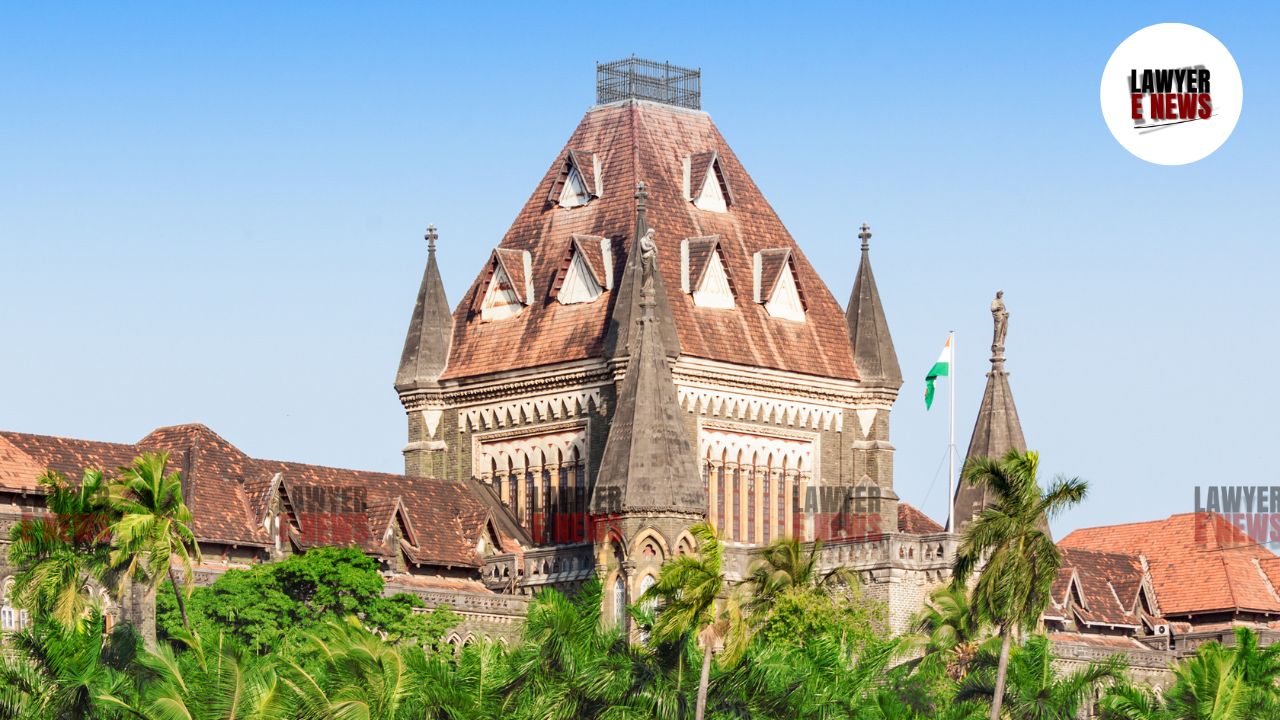-
by Admin
15 February 2026 5:35 AM



In a notable judgment on October 22, 2024, the Bombay High Court, presided by Justice S.M. Modak, dismissed a revision application challenging the framing of charges under the Copyright Act, 1957. The case, Mr. Dattatray Bapu Dighe v. State of Maharashtra & Ors., centered around the duplication and unauthorized reproduction of copyrighted books published by Relx India Pvt. Ltd. The applicant sought to quash the charges on the grounds that the copyright in question was not registered in India, arguing that such registration is mandatory for prosecution. The High Court, however, held that copyright registration is not a prerequisite for initiating criminal prosecution under Indian law.
Relx India Pvt. Ltd., a major publishing house, had authorized Amiy Vivek Saxena, proprietor of Eagle Eye Detectives, to take legal action against those duplicating and selling unauthorized copies of its books. Following an investigation by Saxena, unauthorized copies of books published by Relx India were found at the applicant's shop, Janani Zerox, in Mumbai.
On June 13, 2017, Saxena and the police conducted a raid at the shop, seizing duplicated books worth ₹10,703 along with digital files stored in a computer containing unauthorized copies of Relx India's publications. Subsequently, the applicant was arrested, and charges were framed under Sections 63, 63B, and 65 of the Copyright Act, 1957.
The applicant, represented by Advocate Pankaj Sayajirao Shinde, raised several legal contentions, including:
Mandatory Registration of Copyright: The applicant argued that since the copyright of the books was registered with U.S. authorities and not in India, no prosecution could be initiated under the Copyright Act, 1957. He relied on previous judgments that purportedly established the necessity of registration for criminal enforcement of copyright.
Power of Attorney Holder's Authority: The applicant contended that Saxena, the complainant, being a power of attorney holder, lacked the authority to file the complaint, as he was not the direct copyright owner.
Improper Search and Seizure: The applicant also challenged the legality of the search and seizure operation, alleging procedural impropriety and invoking earlier judgments involving improper police liaison.
Registration of Copyright: Not Mandatory for Criminal Prosecution
The primary question before the Court was whether the registration of a copyright is mandatory before launching a criminal prosecution under the Copyright Act, 1957. The Court, citing multiple precedents, clarified that the Copyright Act does not require prior registration of copyright for enforcing rights through civil or criminal proceedings.
"The infringer must be aware that there is an owner of the copyright, but the law does not require that the copyright be registered in India," Justice Modak stated, drawing attention to Section 63 of the Copyright Act, which deals with offenses of copyright infringement.
In reaching this conclusion, the Court relied on the judgment in Sanjay Soya Pvt. Ltd. v. Narayan Trading Company, where the Bombay High Court had previously ruled that registration of copyright is not a prerequisite for enforcing rights in court. The Court differentiated the Copyright Act from the Trade Marks Act, which does make registration mandatory for filing infringement actions.
Justice Modak dismissed the applicant's reliance on earlier cases like M/s Gulfam Exporters v. Sayed Hamid and Dhiraj Dharamdas Dewani v. M/s Sonal Info Systems Pvt. Ltd., explaining that those decisions were rendered per incuriam (in ignorance of binding precedents).
Power of Attorney Holder's Authority to File Complaint
The Court rejected the applicant's argument that the complainant, Saxena, lacked the authority to lodge the complaint. The Copyright Act allows a person authorized by the copyright holder to take legal action, and the power of attorney granted to Saxena by Relx India Pvt. Ltd. was deemed valid.
"The law permits any person authorized by the copyright holder to initiate legal action, and the registration of copyright with the U.S. authorities was sufficient for this purpose," the Court observed, citing provisions of the Copyright Act that allow for authorized representatives to act on behalf of copyright holders.
Search and Seizure: No Procedural Irregularities
The applicant’s challenge to the search and seizure process was also dismissed. Justice Modak noted that the facts of the case did not align with those cited by the applicant, and the evidence gathered during the raid was sufficient to support the charges. The Court found that the applicant had the opportunity to contest the procedural aspects during cross-examination and that there was no material irregularity in the raid conducted.
The Court ultimately dismissed the revision application, ruling that none of the applicant’s contentions held merit. It affirmed the legality of the search and seizure, validated the authority of the power of attorney holder, and clarified that copyright registration is not mandatory for initiating criminal prosecution under the Copyright Act, 1957.
"The continuation of criminal proceedings against the applicant is justified under the law, and the arguments regarding mandatory registration and procedural impropriety are untenable," the Court concluded.
The interim order granted earlier was vacated, and the charges framed against the applicant under the Copyright Act were upheld.
Revision Application Dismissed – The Court found no merit in the applicant’s arguments regarding the mandatory nature of copyright registration or the alleged procedural irregularities during the search and seizure. The application for quashing the charges was dismissed, and the interim order was vacated.
Date of Decision: October 22, 2024
Mr. Dattatray Bapu Dighe v. The State of Maharashtra & Ors.
